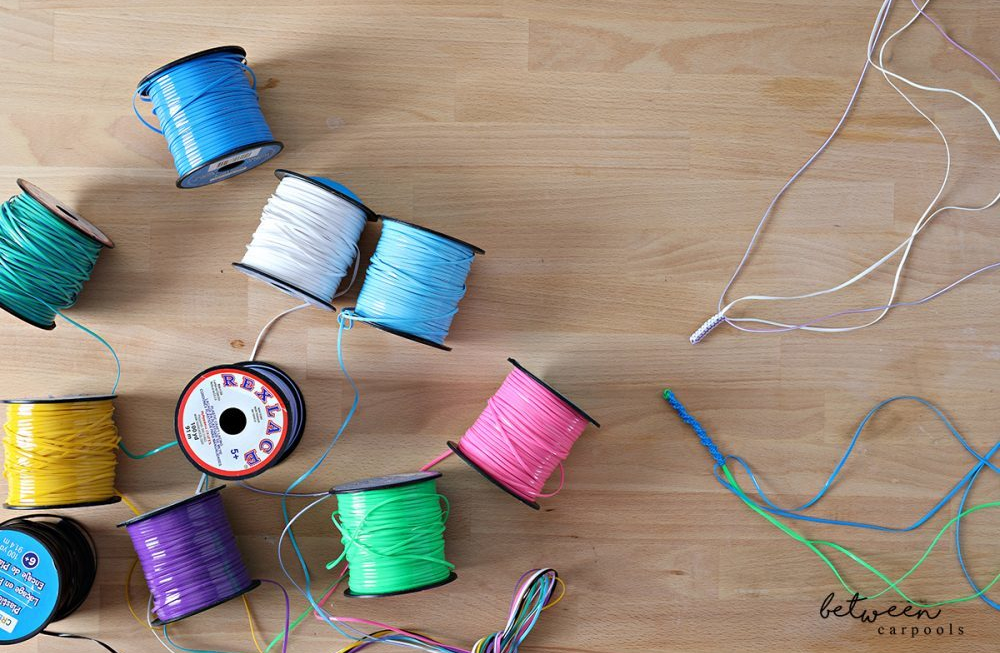Your HVAC system in Cleburne, TX, is essential for maintaining a comfortable indoor environment throughout the year. Over time, even the most reliable systems can wear out and become less efficient. Recognizing the signs that it’s time to replace your HVAC system can help you avoid unexpected breakdowns and ensure your home remains comfortable. We will explore the key indicators that your HVAC system may need replacement, helping you make informed decisions about maintaining your home’s comfort and energy efficiency.
Key indicators that your HVAC system needs replacement
- Increasing Energy Bills
A significant increase in energy bills is one of the first signs that your HVAC system may need to be replaced. As systems age, they often become less efficient, requiring more energy to maintain the desired indoor temperature. If you notice a steady rise in your energy costs without a corresponding increase in usage, it could indicate that your HVAC system is no longer operating efficiently. Replacing an old, inefficient system with a new, energy-efficient model can reduce energy consumption and lower utility bills, making it a worthwhile investment in the long run.
- Frequent Repairs
Another clear sign that it might be time to replace your HVAC system is the need for frequent repairs. While occasional maintenance is expected, frequent breakdowns and repairs can indicate that your system is nearing the end of its lifespan. Continually investing in repairs can quickly add up, often costing more than a new system in the long run. If your HVAC system requires frequent service calls and the repair costs are increasing, investing in a new system may be more cost-effective. This will provide reliable performance and reduce the likelihood of unexpected breakdowns.
- Uneven Temperature Distribution
Uneven temperature distribution throughout your home can be frustrating and a sign that your HVAC system is struggling. Suppose certain rooms are consistently too hot or cold despite thermostat adjustments. In that case, it may indicate that your system can no longer maintain even heating and cooling. This can be due to various factors, including an aging system, improper installation, or ductwork issues. A new HVAC system can provide more consistent and efficient temperature control, ensuring that all areas of your home remain comfortable.
- Unusual Noises
Unusual noises from your HVAC system can indicate that it’s time for a replacement. While some noise is normal during operation, loud or unusual sounds such as banging, clanking, or grinding can signal serious issues. These noises can be caused by worn-out components, loose parts, or other mechanical problems that may not be easily or cost-effectively repaired. If your HVAC system is making persistent unusual noises, it’s important to have it inspected by a professional. In many cases, replacing the system may be the best solution to ensure safe and quiet operation.
- Poor Indoor Air Quality
Your HVAC system plays a crucial role in maintaining indoor air quality by filtering and circulating air throughout your home. If you notice an increase in dust, allergens, or humidity levels, it could indicate that your system is no longer effectively filtering and conditioning the air. This can lead to health issues, especially those with allergies or respiratory conditions. An aging HVAC system may need help maintaining good air quality due to worn-out components or outdated technology. Replacing your system with a modern, high-efficiency unit can significantly improve indoor air quality, creating a healthier living environment for you and your family.
- Age of the System
The age of your HVAC system is a significant factor in determining whether it’s time for a replacement. Most HVAC systems have a lifespan of 10 to 15 years, depending on the system’s quality and how well it has been maintained. As systems age, they become less efficient and more prone to breakdowns. If your HVAC system is approaching or has surpassed this age range, it’s wise to start considering a replacement. Investing in a new system can provide better performance, energy efficiency, and peace of mind, reducing the likelihood of unexpected failures and costly repairs.
- Inconsistent Humidity Control
Proper humidity control is an essential function of your HVAC system, contributing to overall comfort and indoor air quality. If your home feels overly humid in the summer or too dry in the winter, it could be a sign that your system is no longer functioning correctly. Inconsistent humidity control can lead to mold growth, wood damage, and discomfort. A new HVAC system with advanced humidity control features can help maintain optimal indoor humidity levels, protecting your home and improving comfort.
- Rising Repair Costs
As HVAC systems age, the cost of maintaining and repairing them increases. Components wear out and become more difficult to replace, and frequent service calls can quickly add up. If you find that repair costs are steadily rising and approaching the cost of a new system, it’s a strong indication that it’s time to consider a replacement. Investing in a new, reliable HVAC system can save you money in the long run by reducing repair costs and improving energy efficiency.
Conclusion
Recognizing the signs that it’s time to replace your HVAC system is crucial for maintaining a comfortable and efficient home. Increasing energy bills, frequent repairs, uneven temperature distribution, unusual noises, poor indoor air quality, the age of the system, inconsistent humidity control, and rising repair costs are all indicators that your system may need replacement. By staying vigilant and addressing these issues promptly, you can ensure that your home remains comfortable, energy-efficient, and safe. Investing in a new HVAC system can provide long-term benefits, improving your quality of life and protecting your investment in your home.


